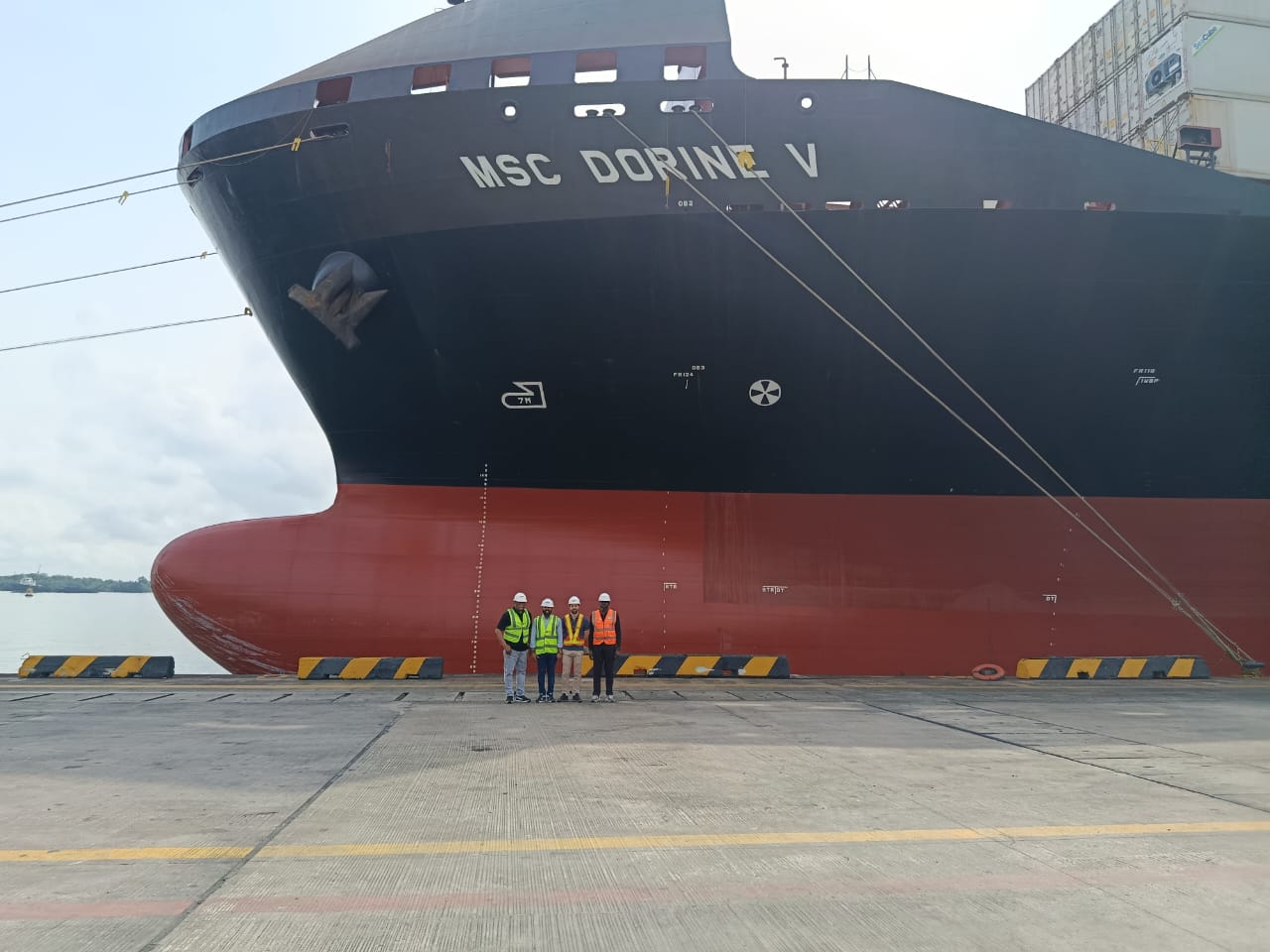Maritime industry stakeholders have intensified calls for the immediate presidential signing of the Nigeria Port Economy Regulatory Agency (NPERA) Bill to transform the country’s seaport operations as President Bola Ahmed Tinubu approaches his second year in office on May 29.
Already passed by both chambers of the National Assembly, the NPERA Bill aims to end the long-standing inter-agency rivalries that have hampered operational efficiency and reform efforts in Nigeria’s port system.
The bill also seeks to reposition the Nigerian Shippers’ Council (NSC) as the lead economic regulator of the ports, ushering in a unified framework to oversee shipping lines, terminal operators and other service providers.
The maritime legislation has, for a decade, faced repeated delays since its introduction during the Goodluck Jonathan administration.
Analysts attribute the setbacks to bureaucratic hurdles, political indecision and fierce battles among key agencies.
The Head of Research at the Sea Empowerment and Research Centre, Dr Eugene Nweke, hailed the bill’s progress as a “healthy development,” while urging continuous pressure on the presidency.
“Stakeholders should not go to sleep until the President graciously assents to the bill,” Nweke advised.
More critically, Nweke pointed to the bill’s potential to end the inter-agency turf wars that have plagued the sector.
He praised the Tinubu administration for embracing professionalism in recent policy moves and appointments, noting a reduced influence of tribalism.
“One of the greatest problems in the industry has been the supremacy tussle among agencies. This bill introduces clarity, it aligns legislative empowerment and centralises revenue functions under one roof,” he explained.
He said if signed into law, the NPERA Bill will establish a central economic umpire for port operations, capable of setting tariffs, resolving disputes, curbing arbitrary charges and ensuring transparency in port concession arrangements.
The former acting president of the Association of Nigerian Licensed Customs Agents (ANLCA), Dr. Kayode Farinto, underscored the strategic value of the bill, which he believes will gain regulatory teeth, financial independence and the legislative mandate to sanitise the port economy.
“We also contributed to the bill. One of my proposals was for NSC to charge 0.05 per cent from funds allocated to shipping agents and shipwreck staff. That would boost their revenue and create a win-win for the federal government,” he stated.






